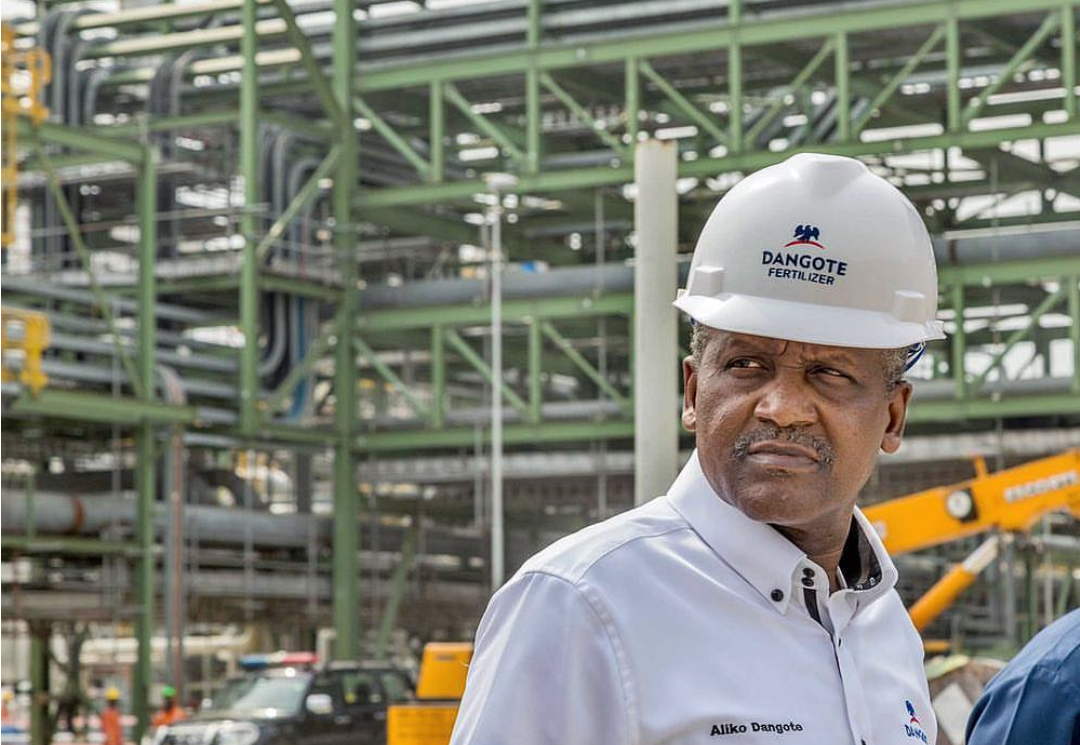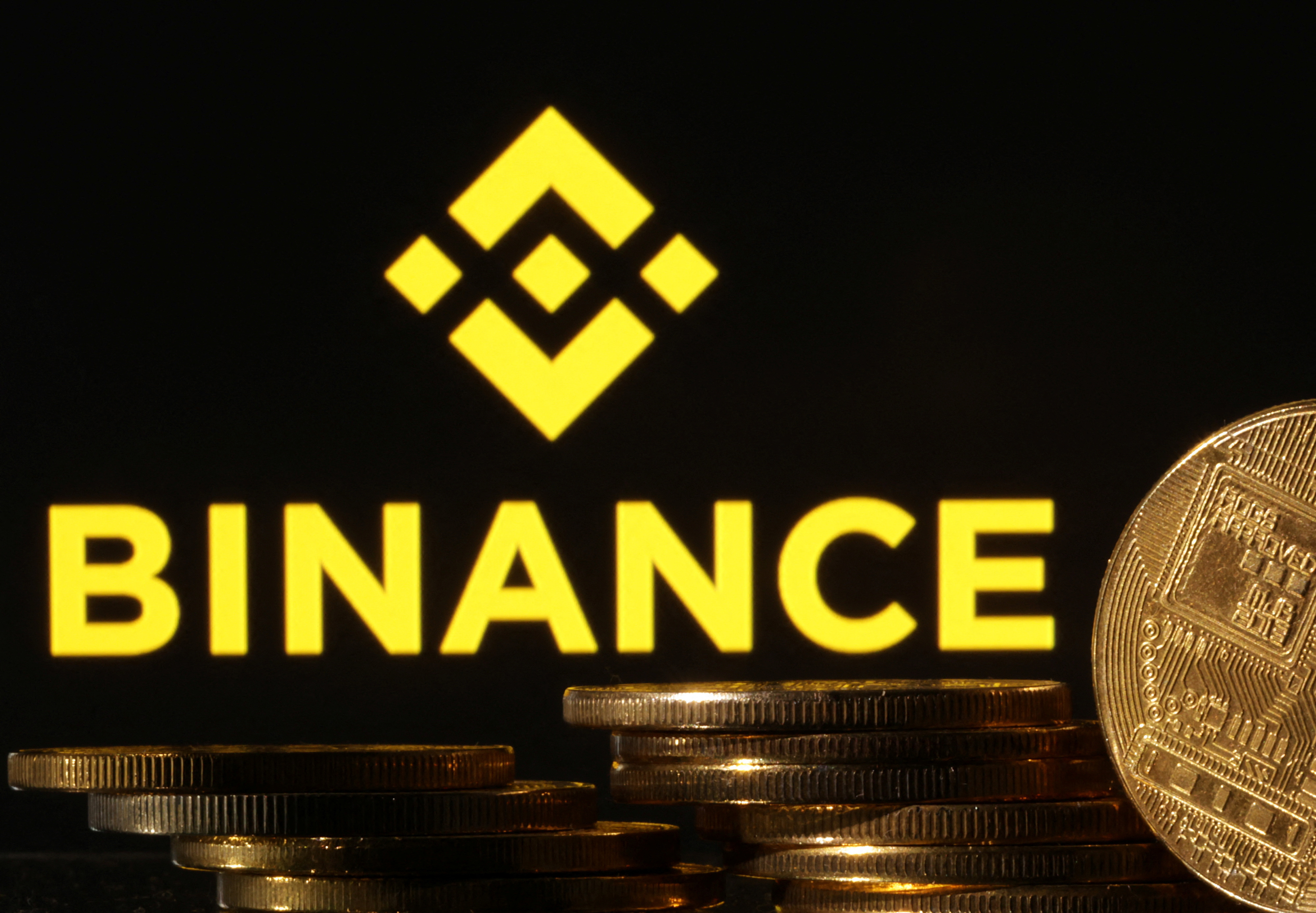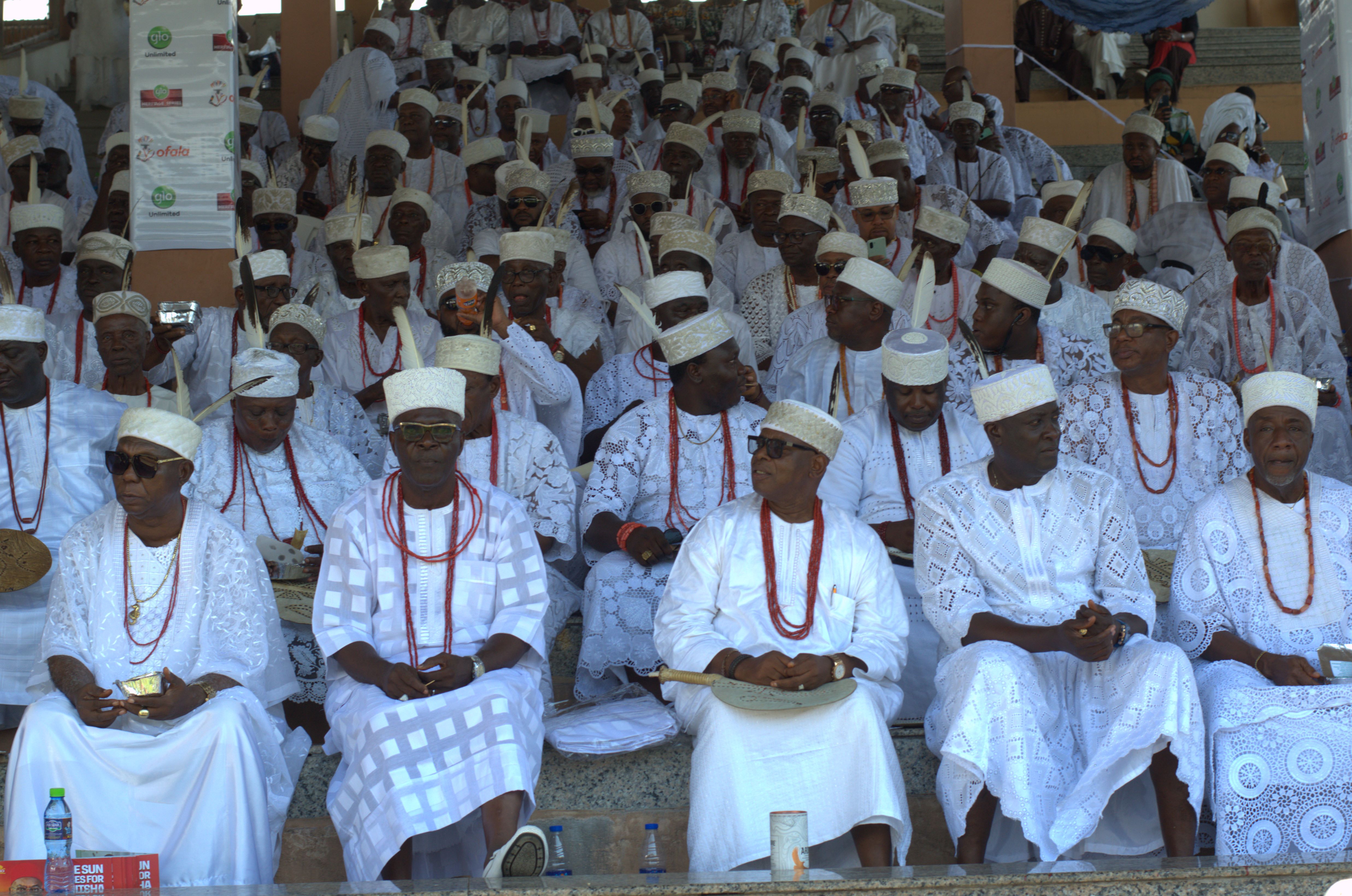By Eric Elezuo
The final commissioning of the Dangote Refinery in May 2023, by former President Muhammadu, few days before the emergence of the Bola Tinubu presidency, was a welcome development to not a few Nigerians. It was real hope and the proverbial light at the end of the tunnel. It was an opportunity to cut to size the monster of petroleum importation, remove all bottlenecks of petroleum distribution with middlemen and even begin the production of by-products.
But these have not been realized as the monster of administrative exigency, red tapeism and sheer betrayal have stunted the takeoff of the refinery, months after it was certified fit to start refining crude oil.
Dangote Group, headed by the richest man in Africa, Aliko Dangote, has however, identified institutions and measures responsible for its inability to have a smooth take off, pointing accusing fingers at the International Oil Companies (IOCs), Independent Petroleum Markerters Association of Nigeria (IPMAN) and other major petroleum industry regulators. Dangote has said that these elements are consistently plotting to ensure that the oil refinery never comes effectively on board.
It also accused the Nigerian Midstream and Downstream Petroleum Regulatory Authority (NMDPRA) of indiscriminately granting licences to companies to continue to import banned dirty diesel and jet fuel
The Group took the opportunity of hosting Energy Editors during a one day training to bare on their minds on the constant imbroglio that exist among the group and the other petroleum stakeholders.
In a statement written and circulated by the group, the following was presented:
Vice President, Oil and Gas at Dangote Industries Limited (DIL), Devakumar Edwin, has accused International Oil Companies (IOCs) in Nigeria of doing everything to frustrate the survival of Dangote Oil Refinery and Petrochemicals. Edwin said the IOCs are deliberately and wilfully frustrating the refinery’s efforts to buy local crude by jerking up high premium price above the market price, thereby forcing it to import crude from countries as far as United States, with its attendant high costs.
Speaking to a group of Energy Editors at a one-day training programme, organised by the Dangote Group, Edwin also lamented the activity of the Nigerian Midstream and Downstream Petroleum Regulatory Authority (NMDPRA), in granting licences, indiscriminately to marketers to import dirty refined products into the country. He said, “the Federal Government issued 25 licences to build refinery and we are the only one that delivered on promise. In effect, we deserve every support from the Government. It is good to note that from the start of production, more than 3.5 billion litres, which represents 90 per cent of our production, have been exported. We are calling on the Federal Government and regulators to give us the necessary support in order to create jobs and prosperity for the nation.”
According to him: “While the Nigerian Upstream Petroleum Regulatory Commission (NUPRC) are trying their best to allocate the crude for us, the IOCs are deliberately and willfully frustrating our efforts to buy the local crude. It would be recalled that the NUPRC, recently met with crude oil producers as well as refineries owners in Nigeria, in a bid to ensure full adherence to Domestic Crude Oil Supply Obligations (DCSO), as enunciated under section 109(2) of the Petroleum Industry Act (PIA). It seems that the IOCs’ objective is to ensure that our Petroleum Refinery fails. It is either they are deliberately asking for ridiculous/humongous premium or, they simply state that crude is not available. At some point, we paid $6 over and above the market price. This has forced us to reduce our output as well as import crude from countries as far as the US, increasing our cost of production…
“It appears that the objective of the IOCs is to ensure that Nigeria remains a country which exports Crude Oil and imports refined Petroleum Products. They (IOCs) are keen on exporting the raw materials to their home countries, creating employment and wealth for their countries, adding to their GDP, and dumping the expensive refined products into Nigeria – thus making us to be dependent on imported products. It is the same strategy the multinationals have been adopting in every commodity, making Nigeria and Sub-Saharan Africa to be facing unemployment and poverty, while they create wealth for themselves at our expense. This is exploitation – pure and simple. Unfortunately, the country is also playing into their hands by continuing to issue import licences, at the expense of our economy and at the cost of the health of the Nigerians who are exposed to carcinogenic products.
“In spite of the fact that we are producing and bringing out diesel into the market, complying with ECOWAS regulations and standards, licences are being issued, in large quantities, to traders who are buying the extremely high sulphur diesel from Russia and dumping it in the Nigerian Market. Since the US, EU and UK imposed a Price Cap Scheme from 5th February, 2023 on Russian Petroleum Products, a large number of vessels are waiting near Togo with Russian ultra-high sulphur diesel and, they are being purchased and dumped into the Nigerian Market.
“In fact, some of the European countries were so alarmed about the carcinogenic effect of the extra high sulphur diesel being dumped into the Nigerian Market that countries like Belgium and the Netherlands imposed a ban on such fuel being exported from its country, into West Africa, recently. It is sad that the country is giving import licences for such dirty diesel to be imported into Nigeria, when we have more than adequate petroleum refining capacity locally…”
It would be recalled that in May, Belgium and Netherland adopted new quality standards to halt the export of cheap, low-quality fuels to West Africa, harmonising its standards with those of the European Union. These measures synchronise fuel export standards with the European domestic market, specifically targeting diesel and petrol with high sulphur and chemical content. Historically, these fuels, with sulphur content reaching up to 10,000 ppm, were exported at reduced rates to countries like Nigeria and other West African consumers.
Belgium’s Minister of Environment, Zakia Khattabi, announced that his country followed the Netherland, which in April 2023 also prohibited the export of low-quality petrol and diesel to West Africa via the ports of Amsterdam and Rotterdam. Khattabi emphasised that the Netherlands’ decision to restrict dirty fuel exports had redirected the trade to Belgium, now used by oil producers and traders to export gasoline with excessively high levels of benzene and sulphur.
“For far too long, toxic fuels have been departing from Belgium to destinations including Africa. They cause extremely poor air quality in countries such as Ghana, Nigeria, and Cameroon and are even carcinogenic,” said Khattabi.
In September 2017, an investigation by an international organisation, Public Eye revealed that polluted and toxic fuels were being exported on a large scale from the ports of Rotterdam and Amsterdam for export to African markets. As much as a quarter of the petrol and diesel available in West Africa originates from the ports of Amsterdam, Rotterdam, and Antwerp. These fuels contain sulphur and other pollutants, such as cancer-causing benzene, in quantities up to 400 times the limits permitted in Europe. The Netherlands and Belgium were enjoined to enforce regulations to shield millions of Africans from exposure to toxic fuels.
The decision of the Nigerian Midstream and Downstream Petroleum Regulatory Authority (NMDPRA), in granting licenses indiscriminately for the importation of dirty diesel and aviation fuel has made the Dangote refinery to expand into foreign markets. The refinery has recently exported diesel and aviation fuel to Europe and other parts of the world. The same industry players fought us for crashing the price of diesel and aviation fuel, but our aim, as I have said earlier, is to grow our economy.
He noted that because the refinery meets the international standard as well as comply with stringent guidelines and regulations to protect the local environment, it has been able to export its products to Europe and other parts of the world.
While appealing to the Federal Government and the National Assembly to urgently intervene for speedy implementation of the PIA and to ensure the interest of Nigeria and Nigerians are protected, he said: “Recently, the government of Ghana, through legislation has banned the importation of highly contaminated diesel and PMS into their county. It is regrettable that, in Nigeria, import licences are granted despite knowing that we have the capacity to produce nearly double the amount of products needed in Nigeria and even export the surplus. Since January 2021, ECOWAS regulations have prohibited the import of highly contaminated diesel into the region.”
THE WAY FORWARD
A cross section of respondents, including stakeholders, who spoke to The Boss, has questioned the rationale behind a foreign company operating in Nigeria refusing to sell crude oil to an indigenous company, wondering the manner of pact the IOCs have with the Federal Government of Nigeria.
“This explains why small refineries that have attempted to come up in the past failed. The obvious fact is that these IOCs do not want any local refinery to refine oil because of the deep profits they accrue for their home governments. They lift our oil, refines them in their countries, and sells back to us at extremely exorbitant cost. There’s no win-win relationship. For this, they are not willing to see Nigeria’s refineries become functional.
“Why are the Port Harcourt, Warri and Kaduna refineries not functioning despite huge financial investments, including constant turnaround maintenance? The answer is not farfetched. The IOCs in connivance with Nigerian companies and groups continue to frustrate the efforts put in by successive governments,” a respondent revealed.
Another however, questions what the Nigerian government does what it’s own share of the crude since there’s no the IOCs do not have all the share.
“There’s the possibility that the country is also selling it’s own share to the IOCs, or a much better explanation is the conniving between the Nigerian National Petroleum Corporation Limited (NNPCL) and the IOCs on one hand, and the marketers (IPMAN) on the other hand.
“Dangote is right. There’s massive gang up against him and the survival of the refinery, and it is only the Tinubu government as at today, that can stamp its foot on the ground, and say enough is enough except if they are also complicit in the whole issue.
“How could someone invest billions of dollars in a business, and someone is denying him the raw material, right inside his own country. It’s not done. The corruption is turbocharged,” another respondent volunteered.
The Dangote Refinery, according to the Governor of Lagos, Babajide Sanwo-Olu “produces a wide range of high-quality petroleum products, including premium motor spirit (petrol), diesel, kerosene, and jet fuel, all meeting the highest international standards (Euro V Grade). The Refinery apart from adding value to our crude oil, will yield 900,000 KTPA of Polypropylene and 36,000 KTPA of Sulphur and carbon black as by products.
“The Refinery will help boost Nigeria’s economic growth, with the creation of thousands of direct and indirect jobs. During the construction stage, it supported over 150,000 jobs, made up of mostly Nigerians. These Nigerians in the process acquired various skills that are still useful in other construction projects.
“The capacity of the refinery is enough to satisfy domestic demands for refined products. The Refinery will export about 50 per cent of its production thereby generating foreign exchange for the country. It will lead to growth in adjacent sectors such as logistics, shipping, engineering, and servicing.
“The Refinery has the requisite capacity to provide energy security both by providing a ready home for our crude and in ensuring steady availability of petroleum products for all. Nigerians will also get to partake in the financial returns once we list the Refinery on the NGX…” he said.
It is therefore, to the detriment of the Nigerian nation, and this administration if the Dangote Refinery is allowed to continue to suffer deprivation of enabling environment and crude to function at full capacity.
The Refinery is expected to produce 650,000bpd when all the bottlenecks of production are finally removed. The country must not allow Dangote’s investment running into billions of dollars to run into ruins.
Nigerians are waiting to buy and use Dangote refined oil.

 News6 years ago
News6 years ago
 Featured7 years ago
Featured7 years ago
 Boss Picks6 years ago
Boss Picks6 years ago
 Headline6 years ago
Headline6 years ago
 Headline6 years ago
Headline6 years ago
 Headline6 years ago
Headline6 years ago
 Headline6 years ago
Headline6 years ago
 Headline6 years ago
Headline6 years ago













